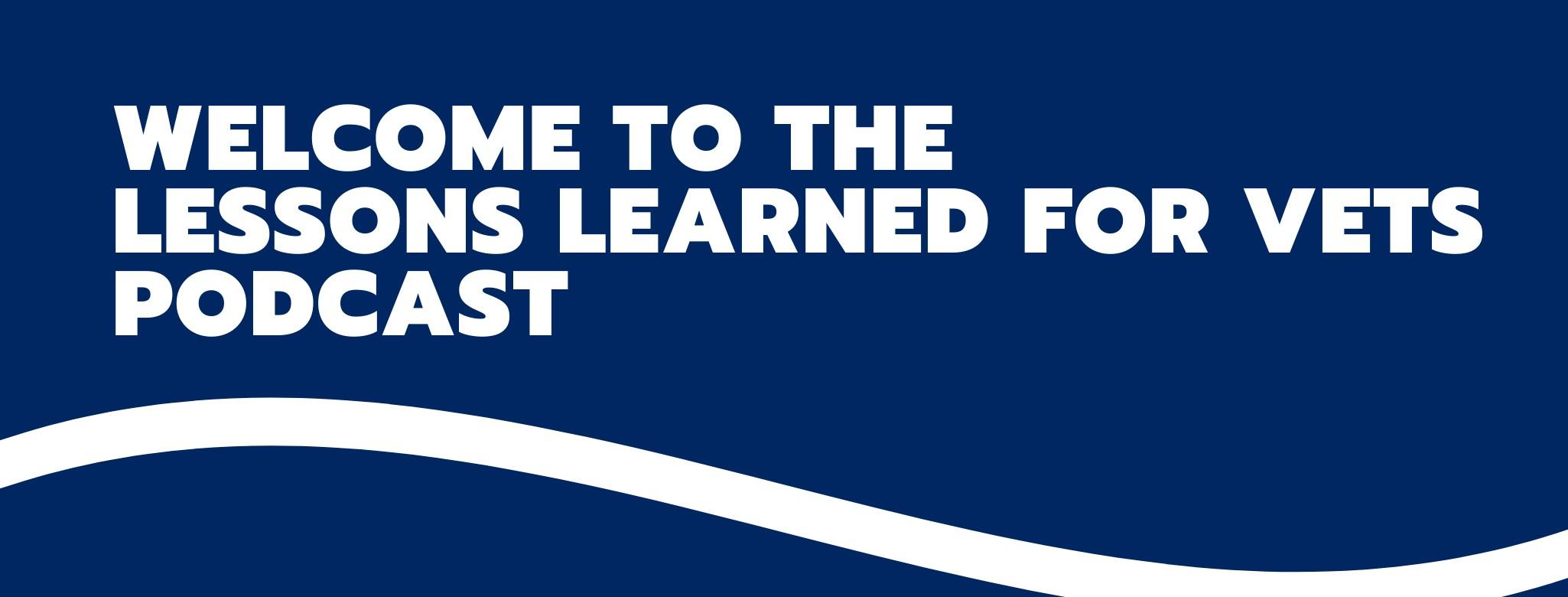
-
-
Episode #20: Following the Non-traditional Post-military Path with Amanda Huffman
Amanda Huffman served in Air Force as a civil engineer, deployed to Afghanistan to run convoys before women were officially allowed in combat and chose to separate after her 6-year career in order to focus on raising her children. Along the way of her post-military path, she discovered her passion for sharing the stories of women who served, are currently serving or who are considering serving in the military by creating the Airman to Mom blog, authoring and releasing the Women of the Military and launching the “Women of the Military” podcast in 2019. To help young women make more informed decisions on whether to join the military, Amanda created her YouTube channel, “Girl’s Guide to the Military” in January of 2021. She overcame her internal guilt of not “fitting the box” of what the military told her to do, next, and she is continuing to positively impact the military community by honoring the service of an underrepresented minority and advise the next generation of female servicemembers and veterans.
Lessons Learned:
- Don’t feel like you’re doing something wrong by choosing to take a nontraditional path.
- Before you go down that road, make sure your finances are in order.
- If you can, begin the discovery process while still serving at least 6 months before getting out. A week of your leave to focus on just doing this is worth your time.
- Check out Graciela Tiscareno-Sato’s book: R.A.N.D. Before Your Resume
- Many female veterans have difficulty self-identifying because they may feel discounted or need to “prove” their value as a veteran. Don’t let this prevent you from explaining your worth to a potential employer or client.
- The TAP program does not connect you to the myriad of programs designed to help veterans network, so branch out beyond TAP.
- There is no shortcut to the process of identifying yourself outside of the military.
- Find the post-military work or hobby that taps into your sense of service to move beyond your military identity.
- You grow through what you go through, and you grow the most when you struggle and persevere through the challenge.
- Psychologically, your last mental development occurs between the ages of 18-24. This is the typical age of initial enlistment or commission.
- The military spends months to train you in order for you to fit the military’s needs.
- The military spends about a week for many people in order for you to transition to the private sector. Your brain will take longer to create the necessary new neural pathways.
- The military empowered you to channel your considerable energy into doing “something.”
- Take this ability to go “do” your transition and pick up the pieces when something fails or doesn’t work as expected,
- Failure doesn’t mean you’re a bad person or that you won’t succeed. It’s just a learning point.
- Check out Amanda’s resources:
- Don’t feel like you’re doing something wrong by choosing to take a nontraditional path.
-
- Airman to Mom Blog link: www.airmantomom.category/blog
- Women of the Military Podcast link: www.airmantomom.com/podcast/
- Girls’ Guide to the Military YouTube Channel: https://www.youtube.com/watch?v=uzkbuHu0Yoo
Are You Struggling to Write Your Resume?
I created the Veteran Resume Self-inspection Checklist to lessen the resume writing struggle for veterans. This 11-item checklist will educate you in resume best practices while giving veterans a guide to assess their resume and determine if it's ready to send to employers.
Download Your Checklist Here




